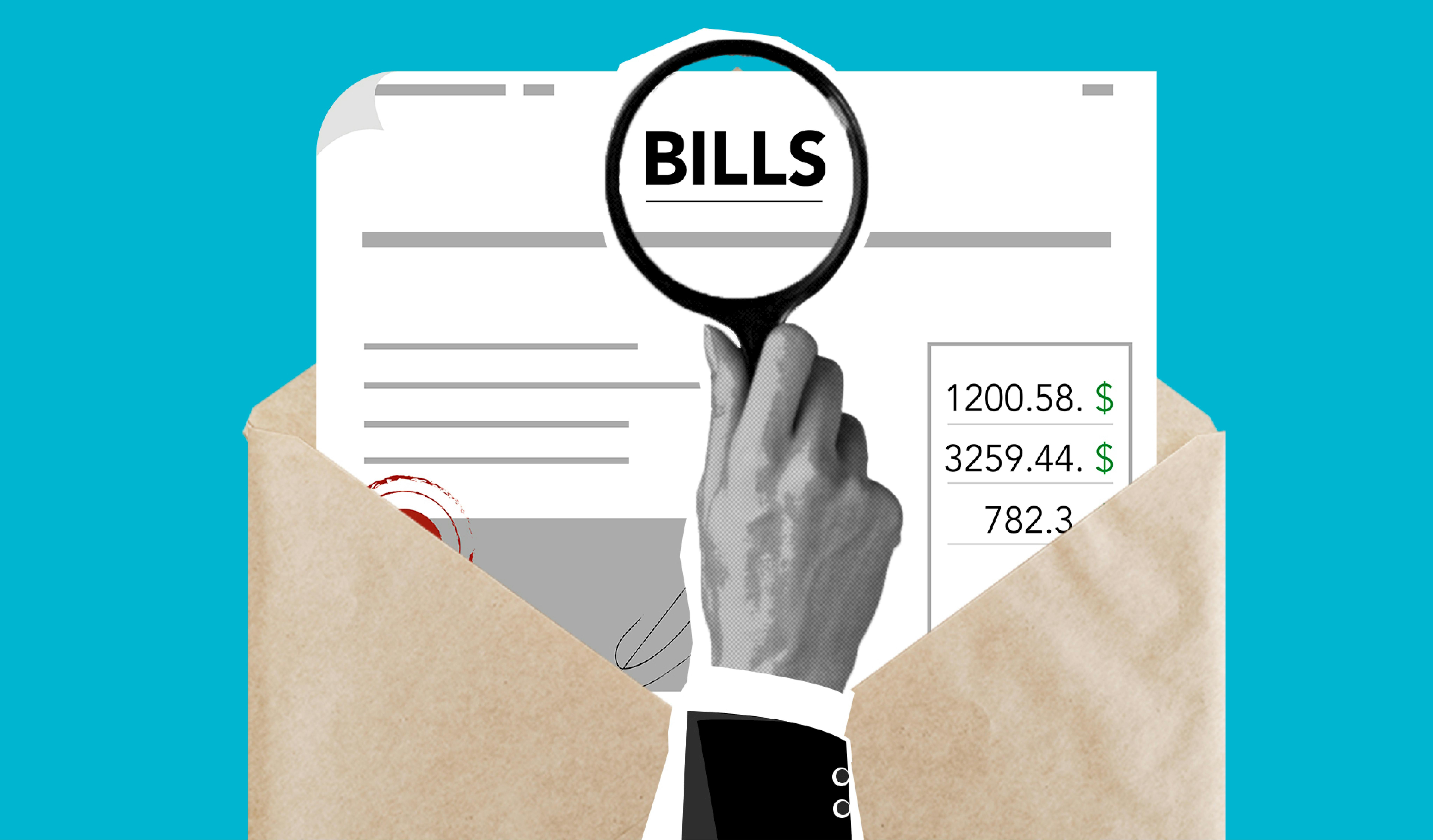This is something I personally struggle with and when a couple of readers asked me to post on this I thought I would address it. If you have a trait or a person that you would like me to dissect, please email me through the contact page of Alpha-traits.com.
When I say that I struggle with decision making, I don’t mean that I spend 20 minutes deciding what color of socks to wear in the morning, I mean that I struggle with the big decisions. Hard. Those who change life.
The thing about big decisions is that there are always unknowns involved. Usually that’s when decisions get tricky. If you can’t understand the consequences of your decisions, you can also flip a coin to decide, as it will be guessing work anyway!
A difficult decision I had to make recently involved a fundraising expedition to Mount Everest that I had signed up for. I had not reached the required goal to go and had to make the decision to put in £ 1.5K of my own funds or cancel, losing all the funds I had already raised.
In the end, I decided not to go. I’m not sure how my decision will affect the future, only time will tell. However, I gave it a lot of thought and used some of the methods that Churchill would have used and that’s the best thing I could have done.
Winston Churchill led Britain in triumph through some of the darkest years the world has ever seen: World War II. Like many leaders in wartime, Churchill had to make many difficult decisions – there was no getting around it.
Perhaps one of the most difficult decisions Churchill faced came in the summer of 1940 when France surrendered to Germany, leaving the English Channel as the last defense barrier between Britain and the Nazis. Although the French army was crippled, its navy was surprisingly strong. The Nazis were preparing to capture this Navy and if they were successful they would leave this Brit incredibly vulnerable to attack and invasion.
Churchill’s decision: trust that the French would never let the ships go into Nazi hands or destroy the fleet himself.
On July 3, 1940, the order was given to attack the French fleet, claiming the lives of more than 1,300 French sailors. It was a decision that will resonate throughout history and is remembered by the French to this day as “France’s Pearl Harbor.”
Decision-making lessons learned from Churchill
- Whatever decision you have to make in life, it won’t be as difficult as Churchill’s. The decision to end a life is difficult, imagine 1300. So, first of all, you must remember that your decision is probably not life or death.
- Don’t make a decision until you are calm and neutral. A good metaphor to remember this is “Don’t make threats when you’re angry and don’t make promises when you’re happy.” The key to good decision making is to eliminate all emotion.
- Trust your instincts. You may not realize it, but you are the end result of millions of years of evolution. You are the finished product. That feeling you have is something your ancestors have developed to know when something is wrong. Listen to it, 9 times out of 10 it’s correct.
- The best, the expected and the worst. This is a really good decision-making technique. Imagine the best possible scenario that can result from your decision. For Churchill, it was likely that the Nazis would not take control of the French navy and everything would go smoothly without their interference. What is expected is the will of the Nazis at least to try to make a move on the French army. The worst thing would be for the Nazis to take control of the navy, invade England and kill everyone. In this case, the worst and the expected far outweigh the best.
- Past and present. This theory is a bit more complex. You have to imagine a week, a month, 6 months and a year before your decision. How will you feel about your decision in the future? Would I thank you for making that decision? Decisions always seem easier in hindsight, so really try to put yourself in that future position.
- Similar decisions. Have you made a decision similar to the one you need to make now? Think about the consequences or how you felt afterward.




Recent Comments